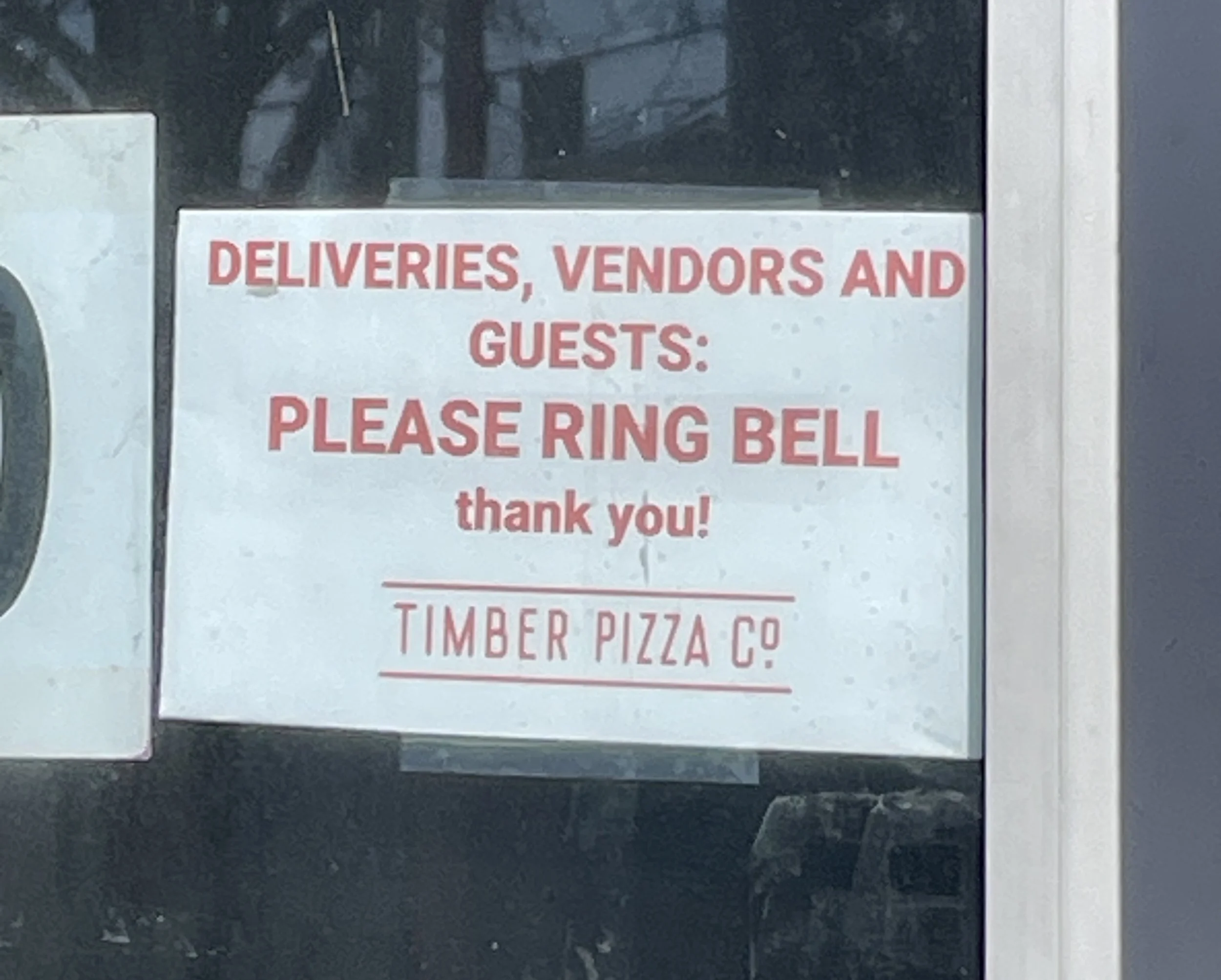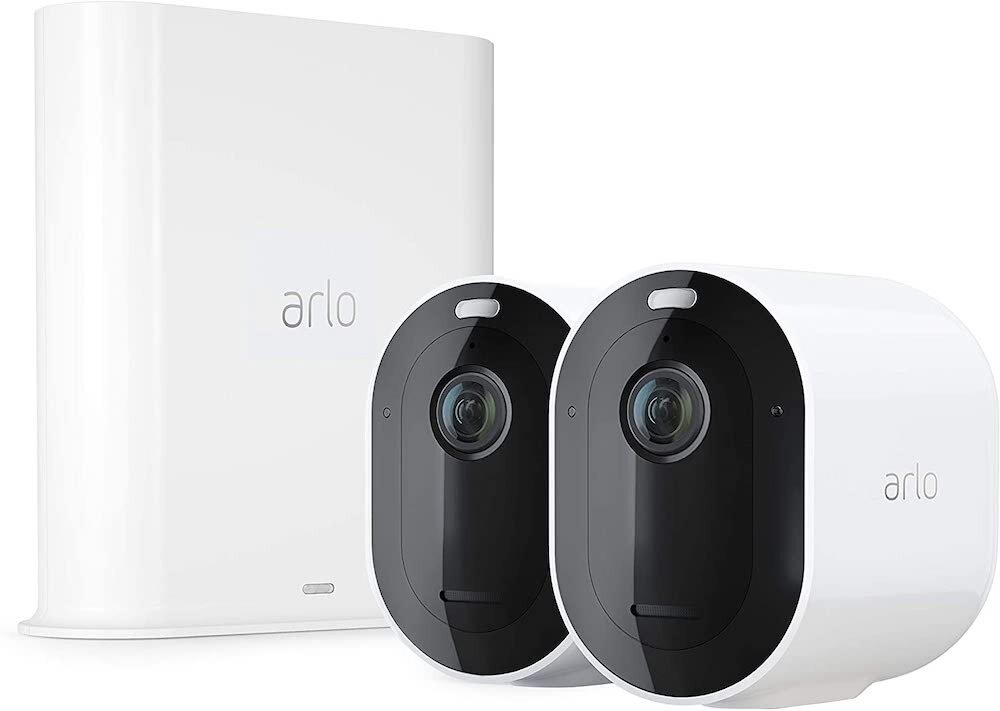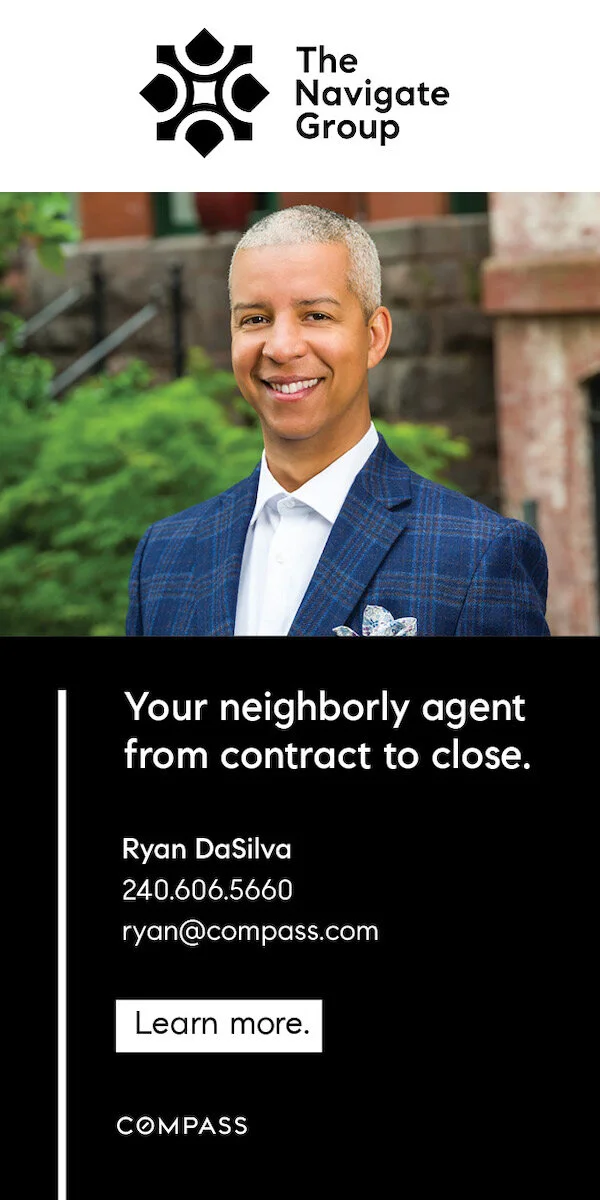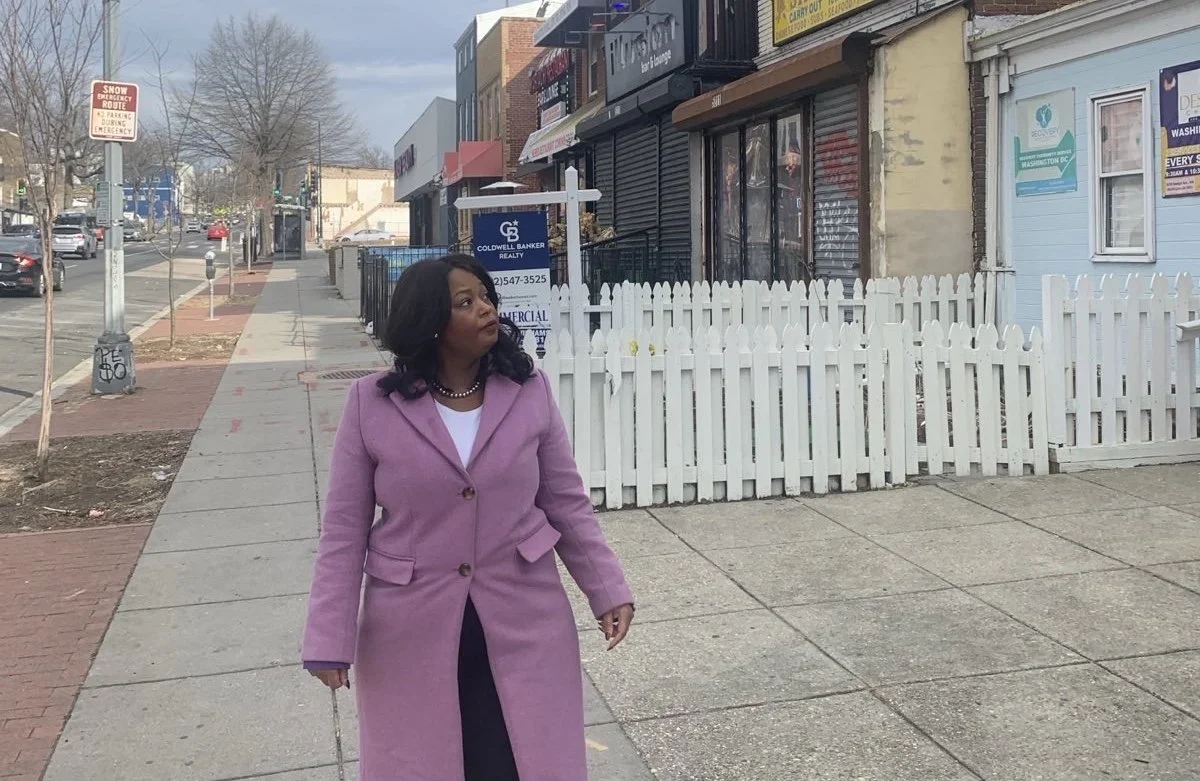A look at David Garber's campaign positions
/Photo courtesy of the candidate.
I asked each candidate to fill out a questionnaire, the answers to which I would publish on the site. Below are the answers to a few prepared questions.
Read the full in-person interview with David Garber >
David Garber is running for an At-Large Council seat in the District of Columbia. A resident of Shaw, he currently lives on Q Street and has lived in three Wards across the city (1, 6 and 8). David see's himself as a the candidate with the most community-level experience and initiative. He wants to bring his grass-roots experience and his passion for supporting residents to the Council.
You can find Garber's campaign online:
- www.davidgarber.com
- Facebook.com/GarberDC
- See Garber's campaign videos
- Twitter: @GarberDC
What is your current profession?
Full-time candidate. Previously substitute teacher in DCPS and work in historic preservation and real estate.
Please briefly describe why you are running in this election cycle for the At-Large Councilmember seat?
I've spent my entire time in the District working with residents to bring tangible improvements to neighborhoods across the city.
My first advocacy role was as an involved resident and blogger in the Anacostia neighborhood of Ward 8, where I first learned the value of public participation and working with neighbors to effect positive change. As a two-term neighborhood Commissioner in the Navy Yard - Southwest Waterfront neighborhoods in Ward 6, I made listening to community members my primary responsibility, and worked to deliver a new school, expanded transportation options, new parks, more neighborhood businesses, and affordable housing.
I'm running for an At-Large seat on the DC Council because District residents deserve results-driven, community-centered leadership. As a member of the Council, I will focus on improving schools, keeping our communities safe, supporting local businesses, and investing in reliable transportation networks and equitable, quality development citywide, especially in communities that are still being left behind.
Provide a quick overview of your professional and/or personal background and experience, including volunteer work, activism, and what you have done to help residents that qualifies you as a great choice for Council.
As a resident of the Anacostia neighborhood in Ward 8 from 2007-2010, I ran the neighborhood blog “And Now, Anacostia,” served as a member of the Historic Anacostia Block Association, was chair of the Historic Anacostia Design Review Committee, and a board member of Old Market House Square park development committee, which successfully lobbied DC government to create a new park in the center of Historic Anacostia.
Between 2010 and 2014, I was elected to two terms as ANC Commissioner in DC's Navy Yard neighborhood, where I successfully pushed for more bicycle and transit options in the neighborhood; advocated alongside parents for the creation of a new local public elementary school and for dedicated funding for school librarians city-wide; organized annual waterfront cleanups with local organizations and over 100 residents; created a Development Advisory Committee to help shape large-scale new developments with more community input; and testified to the mayor and council on issues relating to development and preservation, the DC zoning update, parking reform, alcoholic beverage regulation, transportation infrastructure, and redistricting. In 2013, I successfully advocated for the creation of the city's first kayak and canoe rental facility on the Anacostia River.
I have also served on the Design Oversight Committee for the DC Bridge Park, an initiative to build a new public space spanning the Anacostia River, and have served as a member of the board of directors for both Half Street Market, a non-profit working to create a local market and culinary education center, and ARCH Development Corporation, an organization working to revitalize DC’s Anacostia neighborhood through arts, local business, and real estate development. Most recently I have served on Mayor Muriel Bowser's Transition Committee on Economic Development and in the spring of 2015 was selected by DC Public Library as a member of the Advisory Panel for the renovation of the MLK central library.
Photo courtesy of the candidate.
In brief, what are your Legislative Priorities?
My priority is to make the District a city that residents feel they can live in for the long term. How do we do that? We have to work harder to make each of our communities safe places to live and walk around, make sure that every child -- regardless of what part of the city they live in -- has access to great educational options that lead them to success, and make sure that the exciting growth that's happening across the city is inclusive of the full diversity of people that do and want to call DC home.
Share your position on Education issues in DC.
For two and a half years, until recently, I worked as a part-time substitute teacher in DC Public Schools. I worked in 40 schools across the District, in every ward, every feeder pattern, every age level, ability level, and discipline level. Not only was that experience an incredible window into the traditional public school system, I also saw first hand the amazing youth population here in the city, the potential these students have, and how much further we still have to go to give kids, especially from parts of the city where resources are fewer, a pathway to success.
But in a city where almost 50% of our children attend public charter schools, the traditional DCPS system is only part of the equation. Many charter programs are doing a great job of educating our kids, and offer a diversity in programming that's often missing within the traditional system. Regarding education and the "charter v. traditional public" debate, my first priority and responsibility will be always be toward DC kids and families. If kids continue to find success in charter programs, I will be right there beside them supporting those programs, and making sure we're doing our best by the next generation.
There are still a number of school buildings across the city that need improvements and/or full modernizations. We have the money, so we need to get these projects done, and I would support increased funding to make them happen. Additionally, any school buildings that are no longer actively used need to be re-purposed for educational use, whether by a charter program or a community-focused use. Our goal should always be to make sure each community is flush with educational options so that in the long term, families don't need to travel long distances just for a quality education.
One specific on programming: I would be an active supporter of more language immersion schools across the District. The programs that do exist across the District have proved an effective way to not only draw families to schools, but give kids an incredible skill that leads to more employment and educational opportunities down the road.
Share your position on Transportation issues in DC.
As Commissioner, I spent a lot of time working on transportation issues. In fact, my first resolution was to make M Street SE - SW a "complete street" to better prioritize transit, bicyclists, and walkers on a street that has a history of safety issues and automobile prioritization.
As the city grows, we have to do a better job of encouraging non-car transportation. Not only does our Metro rail system need investment and improvement, but the more we improve our bicycle, pedestrian, and bus infrastructure, the more confidence people will have in using more sustainable forms of transportation. Yes, we need more bike lanes and cycle tracks. We need more dedicated bus lanes. We need to redesign unsafe intersections and roads to better accommodate all users.
That said, there is a diversity of development patterns across the District, from highly urban to more spread out and suburban. Many people need to use cars to get around, and we need to balance our advancement of other options with improvements to our roadways. The existing infrastructure culture is still highly car-centric, and what needs to happen moving forward is a better balance, not completely cutting out one user in favor of another.
Regarding streetcars, now that we have a line up and running, we need to make sure we've learned every possible lesson for how to make construction, design, and operations more efficient if we intend to expand the system, which I support.
What do you think are the biggest issues facing DC regarding Crime and Public Safety? What are you solutions to help fix these issues?
As an At-Large Councilmember, ensuring that residents in every community feel safe will be one of my top priorities. We can make considerable improvements in public safety by hiring more officers and addressing the underlying issues that lead to crime, including the economic and opportunity disparities that still exists across the District.
Increase our police force to meet demands of population growth:
Our population has continued to grow, yet our police force has not. Last summer, our police chief warned of the large numbers of officers expected to retire over the next couple of years. I will fight to make the Metropolitan Police Department the most desired place for quality officers to work -- whether via cost of living wage increases, affordable housing options for officers, or making sure that our beat cops have a seat at the table when strategic decisions are made -- so that we have the right number of officers in each of our communities every day of the week.
Combat systemic poverty:
I plan on addressing the underlying issues that lead to crime, including the economic and opportunity disparities that still exists across the District. In a city with a low (but improving) 64% high school graduation rate, finding work that pays the bills can be extremely difficult. I will work to expand employment opportunities, improve access to job training, and provide quality educational (including practical vocational programs within DC schools), recreational, housing and transportation options so that residents in all parts of the District have a chance to succeed. In a city where youth crime is on the rise, we must address the issues that lead someone to feel they need to get involved in crime in order to get by.
Incentivize good behavior:
Enforcement-based initiatives, including stiffer criminal sentences don’t always work. Where appropriate, we should employ non-enforcement based strategies that assist and connect individuals to social and economic service opportunities. I applaud Councilmember McDuffie’s proposal to incentivize better behavior for those most likely to commit offenses, and would support a health-based approach to improve public safety. With a renewed focus on neighborhood engagement, we can work to reduce crime.
Increase transparency and coordination:
Felony offenders and serious misdemeanor offenders are prosecuted by the US Attorney’s Office, and little information is known of the rate of convictions or the number of prosecutions. As Councilmember, I will work to make sure that all bodies handling arrests and prosecution of crimes in the District prioritize transparency and coordination in case-processing from time of arrest to resolution. In the absence of action, serious crimes will go unpunished, and District residents will rightly continue to feel as though our criminal justice system is not using the tools out there to effectively decrease crime -- especially repeat crime -- citywide.
Photo courtesy of the candidate.
Do you think the current focus on affordable housing in DC is correct? How would you balance affordable housing with the increased rent and home prices?
DC is an increasingly expensive city, no question. A major tenet of my campaign platform is making sure that as we grow we are inclusive of the full diversity (age, income, family size/type, background) of residents, and that we do a better job of spreading economic and amenity development to neighborhoods that are still being left behind.
At present, we often build more affordable and social services housing in neighborhoods that are less expensive and less resourced. In order to not perpetuate the existing economic / geographic divide that exists in DC, we have to spend the resources necessary to build more affordable (at a variety of levels) housing in neighborhoods that are already expensive and that often have better access to jobs, higher-performing schools, and transportation. We have to be more intentional about bringing economic diversity to neighborhoods that are currently underserved by a mix of income levels.
What is your opinion of "pop-backs"? (Whereby homeowners or developers are extending the rear portion of homes by ten feet or more.)
Allowing homeowners to expand their homes so they can stay and grow their families in the District is important. It’s also important that we allow unit size and type diversity in neighborhoods across the city. However, more needs to be done with regards to design review when these additions are highly visible, as well as on enforcement of existing laws with regards to construction quality and the safety of adjoining properties and residents.
We also need to be cognizant of the ways that pop-backs can dramatically affect the quality of life of neighbors who lose light and views as a result of their creation. I would be in favor of looking further into existing regulations to make sure that we strike a balance between making DC a place people feel they can live in, grow in, and invest in for the long term, while also being respectful of the physical character of our neighborhoods.
Rowhouse neighborhoods aren't always the best place for increased density. But we risk the "San Francisco-ization" of DC (i.e., skyrocketing housing costs) if we don't creatively identify how to densify to meet the demand that exists to house more people within the District.
Do you believe DC government and existing regulations (DCRA, Zoning Commission, etc.) favors homeowners / residents more, less or equal to for-profit developers? Is there enough residential availability in DC for the expected growth over the next 20 years?
I believe that DC government and existing regulations favors homeowners and residents differently, though mostly equally to for-profit developers. In some cases, the city favors reductions in density and splitting rowhouses into multiple units (e.g. recent pop-up restrictions, recent zoning changes in Lanier Heights), which tends to favor the homeowners who have spoken up and fought on those issues -- which admittedly isn't everyone. DC's interest in higher density development around transit has definitely benefited the development community, as many neighborhoods have seen dramatic changes as a result.
One thing that is for sure -- on both the resident and developer sides -- is that we must reform and improve DCRA to make it more efficient and timely. The department is plagued by transparency and efficiency issues, and it takes far too long to navigate the process of doing business or building in the city.
How would you define gentrification? Do you believe Ward 4 and in particular, the Petworth, Brightwood and Shepherd Park neighborhoods, are experiencing gentrification?
Gentrification is the element of neighborhood change specifically related to the rise in incomes levels of people moving into a neighborhood, as well as the effect that has on housing costs, physical, cultural and character changes, and impacts both positive and negative on small and local businesses and commercial corridors.
Ward 4, and specifically Petworth, Brightwood, and Shepherd Park are absolutely experiencing gentrification, though in different ways and at different paces.
Do you think the residents of Petworth, Brightwood and Shepherd Park neighborhoods are positively or negatively affected by gentrification, or no impact at all?
Based on my experiences in these neighborhoods and what I've heard from many long-term residents on the campaign trail, these neighborhoods have been more positively than negatively affected by gentrification. Many residents appreciate the increased amenities and the influx of young families.
The flip side is that these neighborhoods are quickly becoming out of reach for individuals and families at lower income levels. We must continue to include affordable housing at a variety of levels in the development of these neighborhoods moving forward, and work hard to make sure that existing residents are able to stay and thrive as values rise and the amenity bases of their neighborhoods increase.
There is also more we can do to support programs for seniors interested in aging in place, transportation infrastructure that is affordable and accessible to residents at all income levels, as well as be supportive of existing small and local businesses that are interested in staying in and serving these communities as prices rise.
Any additional thoughts you'd like to share?
Petworth News readers: thank you so much for being engaged locally and in this election! I've enjoyed getting to know many of you over the years, whether on the campaign trail, patronizing neighborhood businesses along Georgia Ave, Upshur Street, and Kennedy Street, working in your neighborhood schools, or just enjoying your neighborhoods as a friend of many who live there. I would love your support, and am confident that together we can win this race and work together for more community-focused leadership from this At-Large seat.
I have the experience and the drive, and I want to listen to and work with you to keep making our neighborhoods great for the diversity of residents that call them home. See you out there!
I appreciate the time that David Garber spent speaking with me and answering questions. Be sure to check out the in-person interview with David. If you have questions for the candidate, feel free to post them below or contact the campaign directly. As a reminder, Petworth News is not endorsing a candidate, only offering interviews and overviews of their camp



















